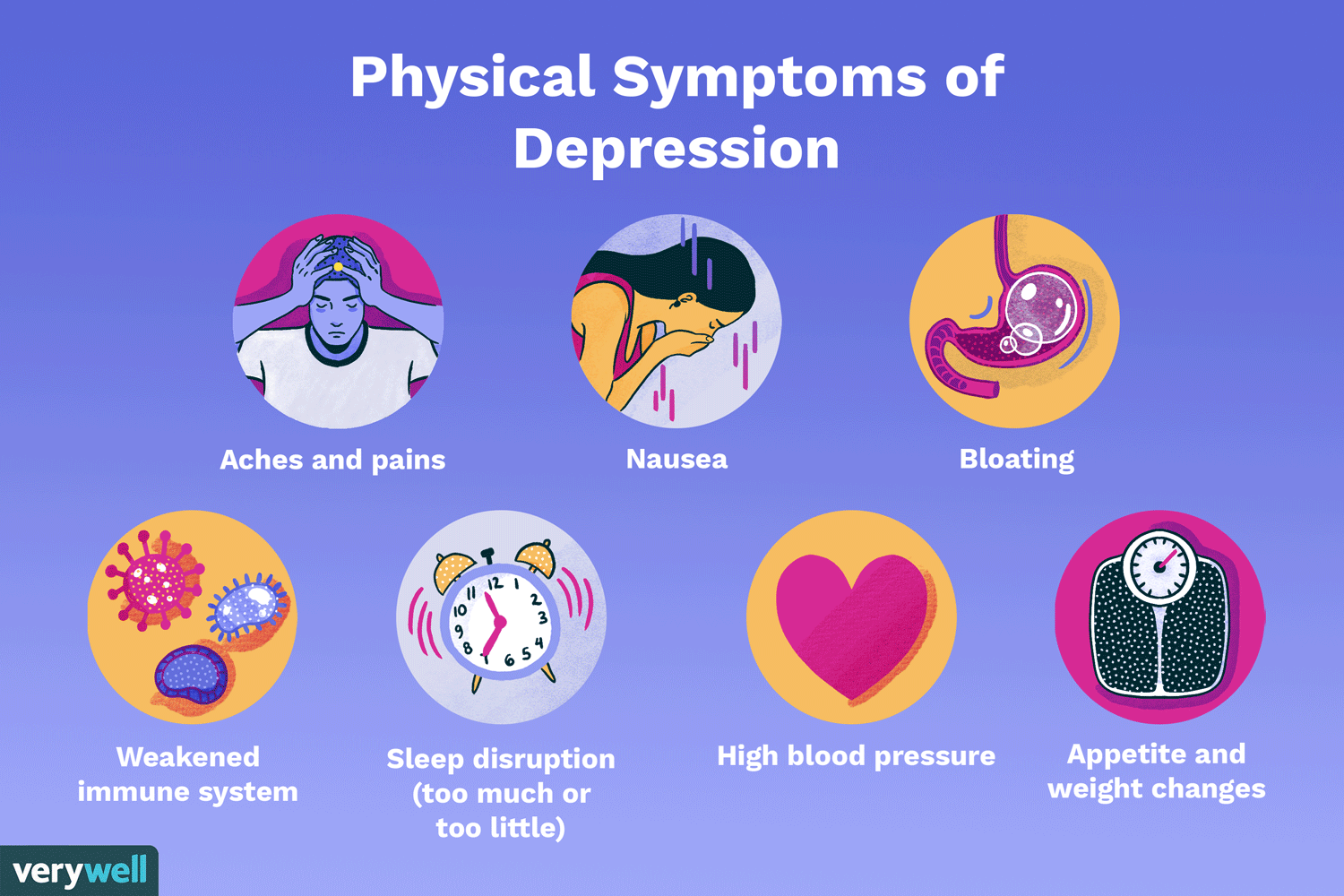Dr. Abhimanyu Rana

Chronic pain associated with psychological conditions (e.g., depression, anxiety)
Chronic pain associated with psychological conditions, such as depression and anxiety, represents a complex and intricate interplay between the mind and the body. This phenomenon highlights the close relationship between emotional well-being and physical health. Understanding the connection, recognizing the symptoms, diagnosing the underlying causes, and implementing a holistic approach to treatment are crucial for effectively addressing chronic pain in the context of psychological conditions.
Chronic pain and psychological conditions often have a bidirectional relationship. Chronic pain can lead to or exacerbate psychological distress, while psychological factors can intensify the experience of pain. For instance, individuals with chronic pain may develop feelings of hopelessness, frustration, and decreased self-worth, which are common characteristics of depression. Anxiety, on the other hand, can heighten pain perception and increase muscle tension, potentially worsening pain symptoms.
The symptoms of chronic pain associated with psychological conditions can manifest in various ways. Individuals may experience persistent pain that is not fully explained by physical factors alone. This pain may move around the body and be accompanied by other symptoms like fatigue, sleep disturbances, and changes in appetite. Additionally, the emotional toll of living with chronic pain can exacerbate feelings of anxiety and depression.
Diagnosing chronic pain in the context of psychological conditions requires a comprehensive evaluation. Healthcare professionals, including pain specialists and mental health practitioners, may conduct thorough assessments of the individual's medical history, pain characteristics, psychological well-being, and lifestyle factors. This helps identify the presence of any psychological conditions that may be contributing to or coexisting with the chronic pain.
Effective management of chronic pain associated with psychological conditions often involves a multidisciplinary approach. Treating both the physical and emotional aspects is essential for achieving meaningful relief. Pain management techniques such as medications, physical therapy, and alternative therapies like acupuncture can help address the physical component of pain. At the same time, psychological interventions such as cognitive-behavioral therapy (CBT), mindfulness-based stress reduction (MBSR), and relaxation techniques can help manage anxiety and depression, thereby impacting the perception of pain.
Medications may be prescribed to address both pain and psychological symptoms. Antidepressants and anxiolytics can help manage the emotional aspects of chronic pain, while also having an impact on pain perception itself. However, medication should always be used in conjunction with other therapies for comprehensive and long-lasting results.
Holistic self-care practices play a vital role in managing chronic pain associated with psychological conditions. Regular exercise, healthy eating, stress reduction, and getting adequate sleep can contribute to improved physical and mental well-being. Engaging in hobbies, socializing, and practicing relaxation techniques can help distract from pain and alleviate its emotional toll.
Support systems are essential for individuals experiencing chronic pain and psychological conditions. Connecting with friends, family, support groups, and mental health professionals can provide both practical and emotional assistance. Open communication with healthcare providers is also crucial to ensure that treatment approaches are well-coordinated and tailored to the individual's needs.
In conclusion, chronic pain associated with psychological conditions is a complex and multifaceted issue that requires a comprehensive and integrated approach to diagnosis and treatment. Acknowledging the intricate connection between emotional and physical health is key to addressing the full spectrum of symptoms. Combining medical interventions, psychological therapies, self-care practices, and support systems is essential for effectively managing chronic pain and improving overall well-being for individuals dealing with these challenges.

